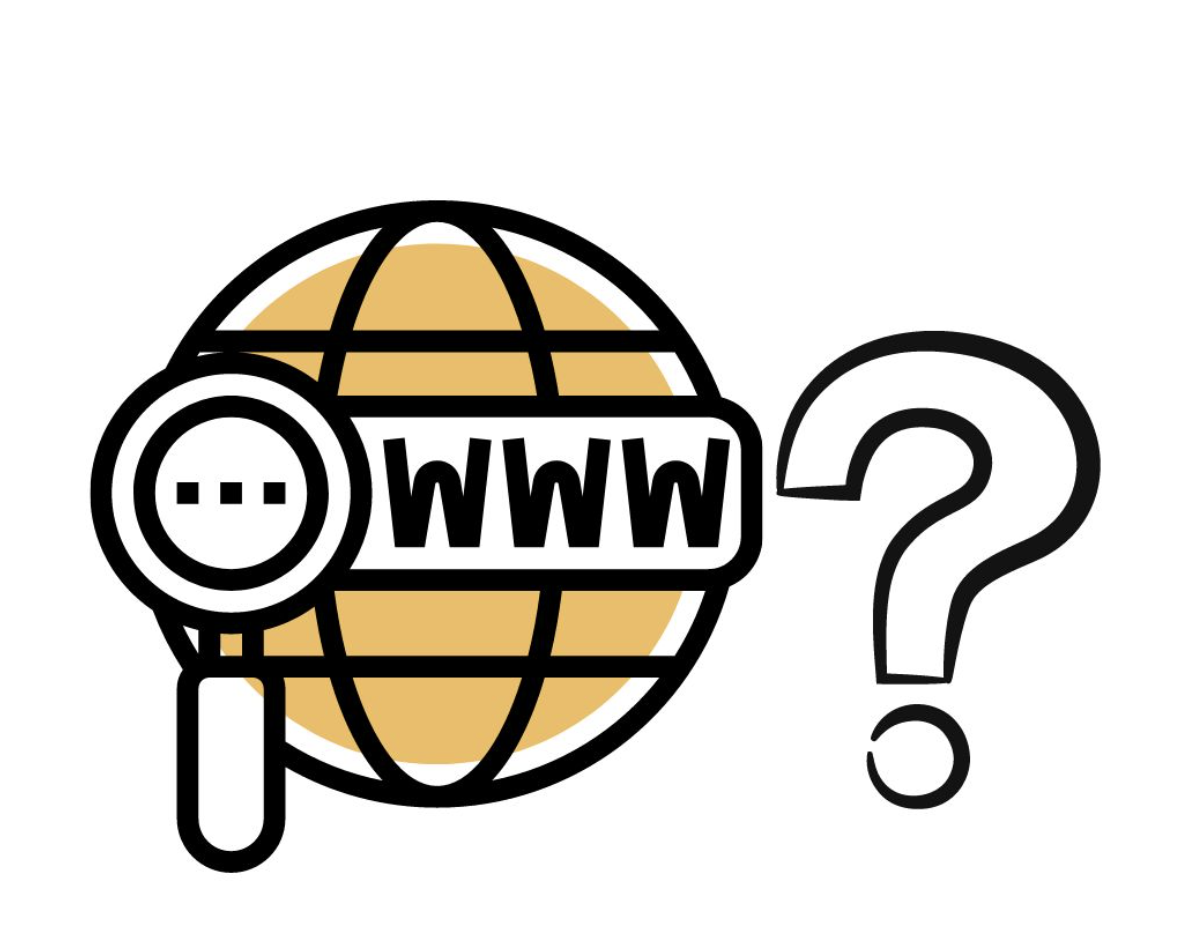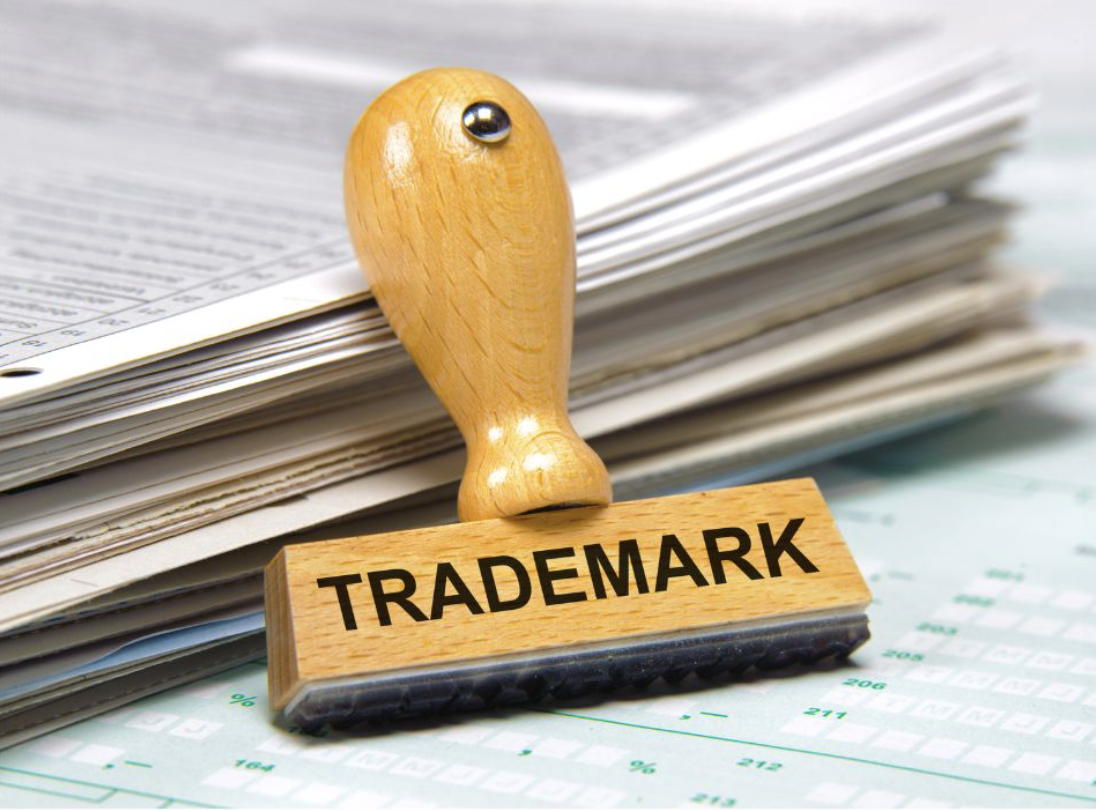Your domain name defines you.
When you think of Google.com, you’d immediately think of the endless answers that you will get to your inquiries. When you think of Facebook.com, you’d think of connecting with friends, sharing photos and videos, and even Mark Zuckerberg.
Business owners go above and beyond to get the perfect website domain.
If you are about to get a domain name for your website, here are the 18 questions you should ask about premium domain names before you proceed to check out!
Question 1: Is my premium domain name easy to remember?
Your domain name has to be memorable. It has to be something that comes into your target audience’s mind when a particular situation arises.
It’s important to know that domain name recall increases the chances of your business thriving, especially for businesses in an overly saturated market.
A memorable domain name not only gives you a competitive edge but is also the best form of free advertising.
Always remember that trends that go viral are the trends that are easy to remember, and that would be your number one goal to get ahead.

Question 2: Does my premium domain tell people what I do?
Putting your name or brand name may sound very professional and give you a sense of ownership. Still, your recognition should not be your number one priority, especially if you are starting to build your target market for your product or service.
Think of it this way: when looking for a local thrift store nearby, people will not automatically go to a search engine and type your name or your business’ name, but rather, they will type in ‘local thrift store.’
The same goes for other types of businesses. If your premium domain name tells your target audience what you sell, you can be on top of their search results.
Question 3: Does my premium domain name represent my brand?
Your premium domain name should be an extension of your brand, so you should ask this question before buying a premium domain.
Domain names should give off the same message, feeling, and image you want to be associated with your company.
A premium domain name representing your brand will help increase brand recall and recognition, which are essential for business success.
Question 4: Is the domain name a keyword for my target audience?
Your premium domain name should be a relevant keyword to your target audience.
This will help them find you easily on the internet, and it will also help improve your search engine optimization (SEO).
When your premium domain name is a keyword, people searching for that keyword will be able to find you quickly, and they will also know what your website is about just by looking at the domain name.
Question 5: Is the domain name easy to spell?
The businesses that win the game are the businesses that know how to make their buyer’s life easy, which is why most brands and companies hire the best UI/UX designers and web developers.
If your domain is long and has a highly complex spelling, that might be a disadvantage.
In addition, when people type in a domain name on their browser, they might make a mistake and type in the wrong spelling, leading them to a completely different website.
You wouldn’t want that to happen because you just lost a customer, so always check if your domain name is short and easy to spell.
Question 6: Is choosing a premium domain important?
We always choose the most cost-effective option because we need to earn more than we spend when it comes to business.
And with this mindset, minor details like getting a high-quality domain name are placed on the little priority list.
Businesses often settle with the free regular domain name with a hosting web package or buy the domain with the lowest price.
Unfortunately, this isn’t how you should think.
A premium domain name will help you in the long run, as it adds to the credibility and authority of your site, it helps drive more traffic to your website, and it will also increase brand recall and recognition.
Question 7: Will a premium domain name help my business?

So you already came up with a good domain name, but it’s already taken, or it might be way too expensive for your budget. The next thing that you will do is to pause and ask yourself if a premium domain name on a new domain extension such as .bond will help your business.
Aside from the advantages that a premium domain offers, you should also ask if a premium domain will help boost your marketing efforts, will it help you build your business positioning, and ultimately, or is the last recipe you need for your business to succeed.
If your answer is no, you should look into some other options that you have.
You can still look for other premium domains either on sale or for free, courtesy of the web hosting you have chosen, or you can try to negotiate with the domain owner and see if they are willing to sell it to you for a reasonable price.
Question 8: Will a premium domain name affect my SEO?
Although gone are the days when Google uses exact keyword matches and domain names as a ranking factor, you should still ask if the premium domain name would affect your site’s SEO, and the reason behind that is backlinks.
Backlinks are the external links that serve as proof of a website’s authority in specific topics.
The more high-quality backlinks your website has, the greater the chance of ranking higher on SERPs.
If you have a premium domain name relevant to your business and industry, it will be much easier to get high-quality backlinks from authority sites.
This is because your premium domain name indicates that you are a credible source of information in your industry, and people will be more than happy to link to your website.
In addition, a premium domain name will also help you build brand awareness and recognition, which are also important factors when it comes to SEO.
Question 9: Is a premium domain name a good investment?
Before you purchase a domain, especially the premium ones, it is wise to consider if buying it is an intelligent business investment.
To answer that, you need to consider the long-term effects of having a premium domain name for your business.
It is important to remember that a domain name is an asset, and it has the potential to generate revenue for your business, either through ads or by selling it at a higher price in the future.
A premium domain name will also help you build your brand and establish your authority in your industry.
With all these factors considered, you must decide if a premium domain name is a good investment for your business.
Keep in mind that the world of blogging and owning a website, in particular, does not promise an instant investment return, but if done right, it guarantees a great fortune.
Question 10: Where should I register premium domain names?
The next question you need to ask in choosing a perfect domain for your website is where you should find them.
Several domain registrars and web hosting providers offer premium domains at different price points.
Namecheap, Namesilo, and Porkbun are some of the most popular domain registrars. Meanwhile, some of the best web hosting providers where you can find premium domain names are WP Engine, SiteGround, and Dream.
To answer this question, you need to look at the features of these domain names registrar like pricing and registration, when the domain expires, and the renewal process.
Question 11: Where do I renew my domain?
The domain renewal process is one of the most important things you must consider before purchasing a premium domain name.
Domain registrars usually send renewal notices via email. Ensure you know when your domain is up for renewal and how much the renewal fee is.
Question 12: Do I need to trademark my premium domain name?

If you plan to use your premium domain name for business purposes, it is best to trademark it.
A trademark is a sign or symbol that distinguishes the products or services of one company from those of another.
A domain name plays an essential role in the recognition and success of your business, and you’d never want that to be taken away from you.
Trademarking your premium domain name will give you the legal right to use it and prevent others from using it.
It will also give you the exclusive right to sell or license your domain name.
If someone tries to use your domain name without your permission, you can sue them for trademark infringement.
Most importantly, you want to block other people from using domains that infringe on your trademark because it can damage your reputation if someone commits fraud while pretending to be you.
Question 13: Do I need to worry about cybersquatters?
Cybersquatting is the practice of registering, selling, or using a domain name to profit from someone else’s trademark or brand.
It is considered illegal, and you can be sued for cybersquatting if you are found guilty.
To avoid being a victim of cybersquatting, make sure to do a quick search on the USPTO’s Trademark Database before purchasing a premium domain name.
This will help you check whether the domain name is already trademarked.
If you are still unsure, you can consult with a lawyer to help you with this. You could also consider using a service like Shortblock to stop cybersquatters before they even have a chance to take up your target domains.
Question 14: Should I get a different domain from my web hosting?
You might already know that one of the features that web hosting platforms offer their premium subscribers is a free domain name on their first year of subscription.
Although this might be pretty enticing to any brand or business owner who’d want to start building their website, you have to think things through if you’d take the offer.
Question 15: Can I register a domain name without hosting it?
Another question you have to ask before purchasing a domain is whether it will be okay to register your domain without hosting it.
The answer should be YES, you should be allowed to register a domain name without buying a hosting subscription, but that depends on when or where you purchase your domain.
Domain registrars like Namecheap allow their buyers to get a domain name from them and then transfer it to their existing website if they do not want to pay for the web hosting they offer.
Question 16: How do I maintain my domain’s privacy?
Have you ever heard of domain hijacking? Domain spamming? If yes, those things are why you should know the answer to protecting your domain’s privacy.
When you register a domain name, the WHOIS database will automatically display your personal information, such as your name, address, email, and phone number.
This is not ideal, especially if you are worried about cyberstalkers or identity theft.
It would help if you got a domain name from a trusted domain registrar that offers privacy protection services like replacing your personal information with their own on the WHOIS database to prevent any unfortunate events in the future.
Question 17: What should I do if I want to change my domain name?
In choosing a domain name and a domain registrar where you will buy it, it is also essential to think ahead and wonder about what you need to do if you want to change your domain.
Is the registrar where you are about to purchase your domain reliable and secured for domain operations? Does it allow its users a seamless transaction if you want to terminate your agreement with them and get your domain name transferred to another registrar?
Nobody would ever want to deal with the lengthy process of changing a domain, especially if it involves the functionality of your website, which is why you have to ask this question.
Question 18: Should I get a top-level domain?
Aside from being a component of a website’s URL, the top-level domain is the highest level in the internet’s hierarchical Domain Name System (DNS).
Top-Level domains, also known as TLD, are the letters that come after the dot in every web address.
Some of the newest and most promising domain extensions include .icu and .cyou.
Getting a top-level domain is not compulsory, but it would be beneficial for your website if you choose to get one relevant to your business or brand, which is why you have to think if you should get a TLD or not conscientiously.
Bonus Question: Should I also get a subdomain?
You might have already heard of subdomains and how it helps eCommerce businesses to target a specific market, but should you get one for your website?
Some pros of having a subdomain are that it is easy to promote and can help improve your SEO ranking if done correctly.
Meanwhile, some of the cons are that it might confuse your website’s visitors and make your site look less professional.
Weighing the pros and cons is up to you, but it would be best if you get a subdomain only if it benefits your business in one way or another.
Wrapping Up
Choosing the right domain name is essential in building a successful website.
You have to consider many factors, such as your target market, your budget, and even the future of your business.
Asking questions before deciding to do big or even the smallest things is also a great way to ensure that you make the best decision in choosing and buying a domain name.
About the Author

Nick Patrocky is a UX/UI designer, app reviewer, software reviewer, and blogger. Nick’s worked with over 150+ clients from countries all around the globe. Nick also enjoys reviewing mobile apps, web apps, and websites. Check out his blog if you want to know what it takes to be an app designer or a successful freelancer.
